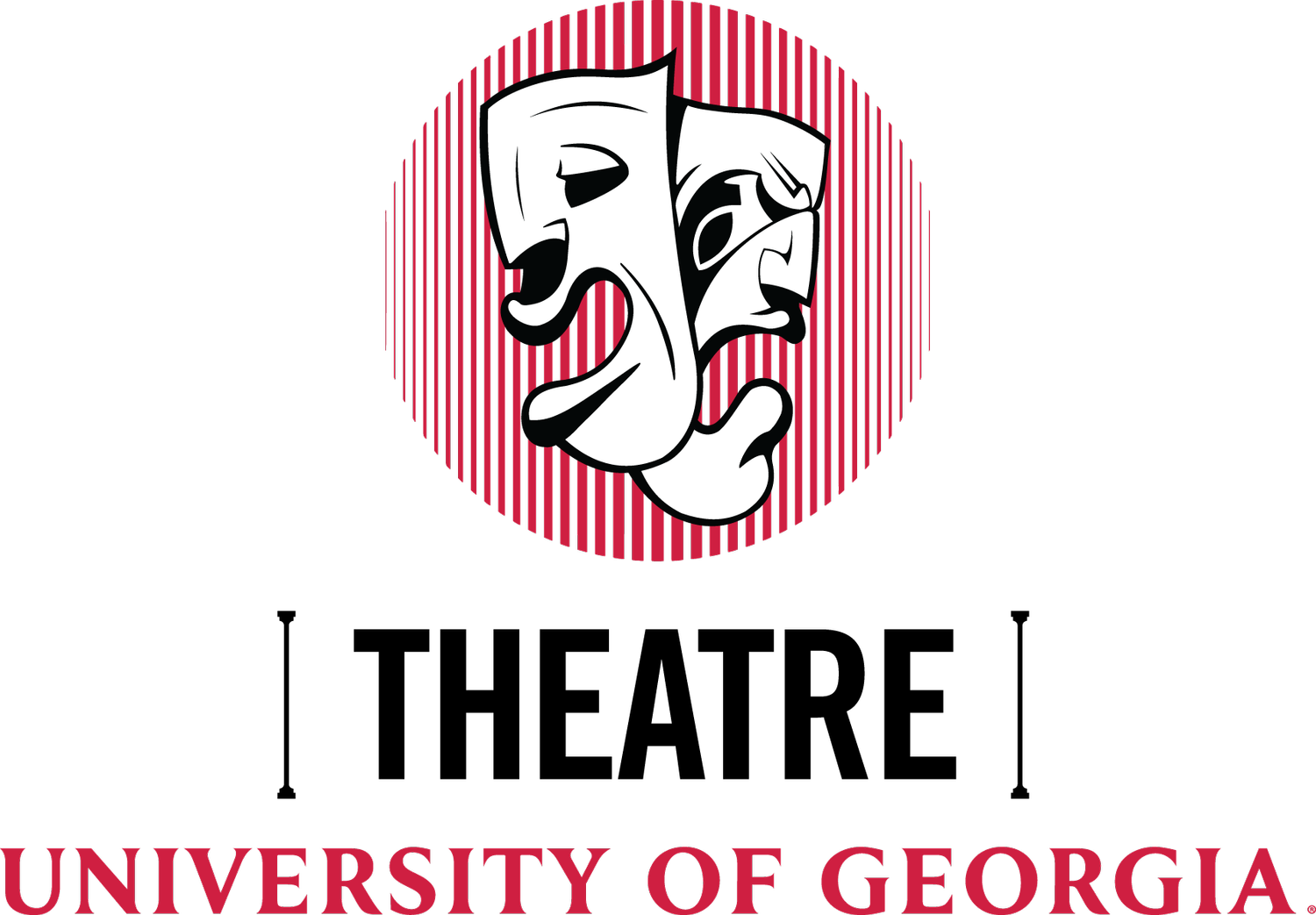Interview: Zachary Pareizs, "Equus"
Zachary Pareizs is a second-year Theatre and Entertainment Media Studies major from Augusta, GA. He is playing Alan Strang in Equus.
Who is Alan Strang to you?
Alan Strang is a troubled boy, attempting to function in the world. He doesn’t know who he is, and he is desperately trying to establish some sense of stability to his reality.
What are your favorite things about Alan? What are you least favorite things about him?
I love Alan’s passion. Alan feels intensely and pours himself into what he cares about, which I find to be beautiful and an element I try to emulate in my daily life. Where that passion becomes troubling is when he takes it too far. Alan loves horses, but it escalates all the way into stabbing them, which I will say, I am not a fan of. It is a very difficult mindset to delve into night after night.
How do you approach a character like Alan?
Alan can be very difficult to develop, as I don’t want to just approach him from his horse-stabbing side. I want him to be a fully realized person, not just a collection of tics. In developing Alan, I utilized techniques from Michael Chekhov and worked to physicalize Alan, to find him in my body. From there I worked out of the script, using what Peter Shaffer provided to flesh out Alan’s internal life, objectives, and tactics. After that, I really just explored the character throughout the rehearsal process, employing different choices and playing with what the other actors gave me. It has been a really fun, creative, and collaborative process!
If you could, then how can you briefly describe Equus in just a few words?
A dark, twisted, haunting dive into the art and cost of worship.
Previously, you were in Animal Farm and Othello last year. How is this show and role different than those past shows?
Equus is a much more conventional play for me than my past UGA Theatre experiences. I’m not acting like animals, using puppets, speaking in heightened language, or acting in the round. However, there are elements that have carried over from both Animal Farm and Othello. I find myself employing a lot of the physical work I learned from Animal Farm and exploring some of the stylization from Othello. It is nice to only play one character throughout the play this time, so I can really track Alan’s journey throughout the play, but even then, the timeline jumps constantly, so I have to be working to keep all of the different Alan's internal lives active.
Why do you think this play is important to today? What makes it relevant?
I think this play really address larger questions that we all struggle with. Equus asks what it means to worship, what it means to believe, and at what point does our worship become destructive? Our society is at a crossroads, as we are less religious but more spiritual than ever. Equus explores the intricacies of worship, of what it means to believe in a higher power. I hope people will be challenged by Alan’s fusion of Christianity and his spiritual love for horses, as I know it has forced me to reckon with and attempt to more fully realize my personal belief systems.
Equus also dives into issues of mental health, which I think is important for theatre to address today. There can be a conflation between a person’s mental health and their identity, a misconception that if someone’s mental disorder is healed they won’t be their ‘true self’. Equus explores this in depth, as we have to wrestle with asking at what point is Alan’s obsession with horses him and what point is it a disorder? What does a healed Alan look like? These are troubling questions to ask, and I hope that the audience leaves Equus challenged to examine their own relationship with worship and mental health.
This has been a very difficult show to work on, as one of my sisters is currently struggling very much so with her mental illness. I know from her experiences exactly what the hospital Alan is in would be like, so the entire experience has really hit close to home. I also struggle with mental illness, albeit on a much smaller scale, and I would like to encourage anyone struggling to reach out for help. Mental health is so stigmatized, but there are resources available on campus to help you. Go to CAPS, meet with your professors, talk to your friends. Asking for help isn’t cowardly. It’s the bravest thing you can do.

